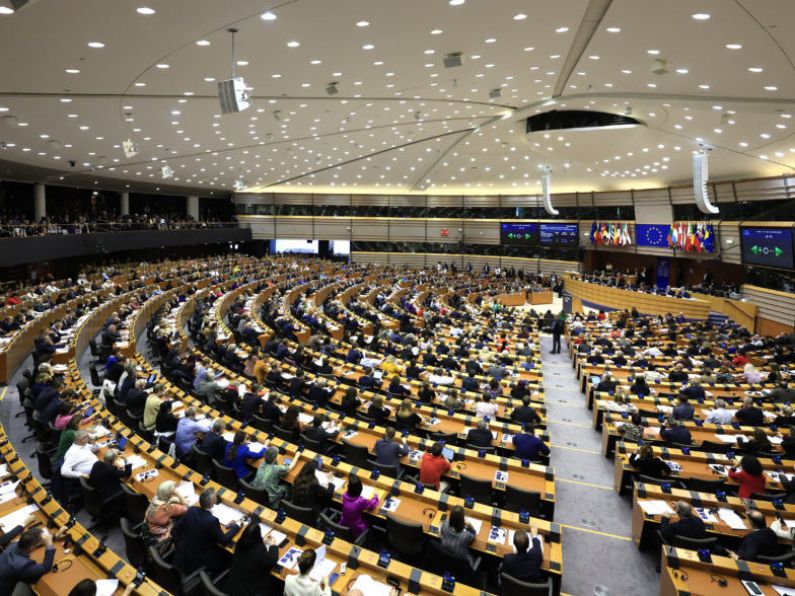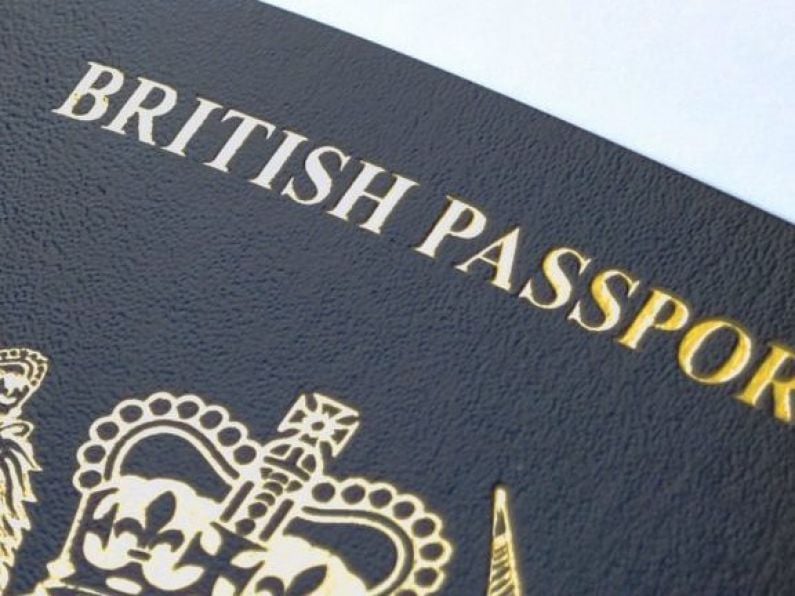A no-deal Brexit at the end of next month will lead to the Irish economy tipping into recession and “the economic, political, and social consequences of the coming eight weeks could not be higher”, broker Goodbody has warned.
The broker, led by chief economist Dermot O’Leary, is the first major forecaster to predict an Irish recession in the event of the UK crashing out of the EU without a deal on March 29.
The Department of Finance last week released its new assessment that predicted unemployment would rise sharply but that the economy would nonetheless still expand in the next few years even under some of the worst Brexit outcomes.
But Goodbody in its latest update, called ‘Dodging Bullets’, said it believes the Government’s forecasts are “somewhat optimistic” and fears a no-deal is such an exceptional event that it would hit confidence, banks, as well as Irish trade flows.
“Ireland’s robust economic performance is continuing but is facing existential threats in the short-term due to the potential of a disorderly exit of its closest trading partner,” Goodbody said.
“We assume that the UK will leave the EU in an orderly manner on March 29 or more likely later, but the risks have risen over recent weeks of disorderly exit. A game of chicken is now in train between the UK and the EU.
“How this game plays out will determine whether the Irish economy continues to grow healthily over the next 18 months or potentially falls into recession,” according to the broker.
The economy will continue to expand rapidly by an underlying rate of 4.5% in 2019 and be again one of the fastest growing in the eurozone if Brexit is delayed beyond March 29 and for the UK and the EU to eventually strike some sort of deal, the broker predicted.
And even if the eventual agreement leads to some form of hard Brexit, the Irish economy is well placed to tap investment projects that would otherwise have gone to the UK, it said.
But Goodbody warned the risks of the negotiations going badly wrong have risen sharply and that a no-deal and no-extension to the UK’s exit process will have “catastrophic consequences”.
“If the UK was to crash out of the EU without a deal, the consequences for the Irish economy in the short-term are very large indeed. This partly explains why the share prices of Irish plcs with either significant UK or domestic Irish exposure have performed so poorly over the past 12 months, given the damage that these tail risks imply,” said Goodbody.
Separately, accountancy firm EY predicts that growth will continue to power ahead in the Republic and continue to expand at a very much lower rate in the North, in the event of the UK and EU avoiding a no-deal outcome and agreeing to an orderly transition deal.
Under a no-deal outcome, however, the North could tip into recession.
“Headline growth remains exceptionally strong in the Republic of Ireland, and though more sluggish in Northern Ireland, it is a long way from the predictions of catastrophe that followed the Brexit vote,” EY said.
“Our latest Economic Eye forecasts are modestly revised from our November update, with an uptick in 2018 growth across both jurisdictions, and a very slight downward reduction in growth expectations in 2019 and 2020 for the Republic. This reflects a weaker global growth outlook,” it said.
“Scenarios reveal… the scale of downside risk, with Northern Ireland particularly vulnerable given its lower base growth. Domestic strength provides insulation for the Republic, but in the event of a fractious no-deal, the possibility of recession in Northern Ireland cannot be discounted,” according to EY.
Meanwhile, the Department of Finance has said its latest survey showed demand by SMEs for bank loans has fallen, but with many firms saying they did not need to borrow more at this stage.
“I welcome the results of the latest SME Credit Demand Survey, which shows that though credit demand is low, the number of SMEs reporting a profit has again increased, for the seventh year in a row,” Finance Minister Paschal Donohoe said.






